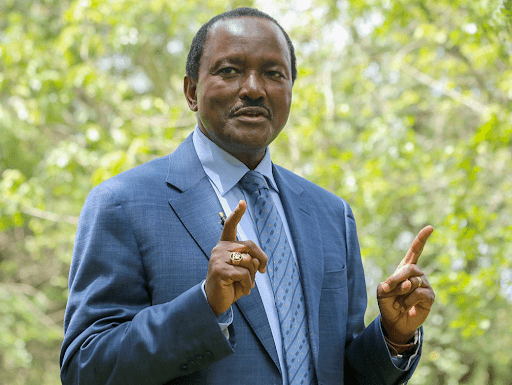Cases of child trafficking are on the rise in Kwale county, a civil society group has said.
Trace Kenya says out of approximately 12,000 reported cases of children being trafficked annually in the coastal region, about 4,000 are from Kwale.
Executive director Paul Adoch said this is the highest recorded number of child trafficking in the region.
He said children are trafficked for sexual exploitation or forced labour.
"Statistics of children being trafficked at the Coast are alarming and Kwale county is taking the lead," Adoch said.
Most trafficking cases are reported along the Kwale beaches, especially in Matuga and Msambweni subcounties.
Human traffickers prey on children along the beaches for sexual exploitation and child labour.
Adoch said Kwale also has the highest number of people seeking jobs in Middle East countries, who fall victim to the human trafficking business.
"We don't have the exact statistics for now, but for a long time Kwale has had many people flying out looking for greener pastures, and ended up being sold for sex trade and hard labour," he said.
Adoch said residents are tricked with good job contracts, but later find themselves in the hands of human traffickers who subject them to the commercial sex business.
He said human trafficking thrives because of illegal brokers sending people to Middle East countries knowingly or unknowingly that the job contracts are not legitimate.
Adoch said some residents have become human trafficking victims for using illegal travel procedures and routes.
Peace Tree Network Officer Rachael Akinyi said the most commonly trafficked children are aged 10-15.
She cited poverty and culture as the main contributors to the vice.
Akinyi said some girls or even adults sell their bodies to fend for their families, thus promoting sexual exploitation activities and becoming victims of human trafficking.
She said the community also lacks awareness because old traditions and cultures have blinded them.
Akinyi said many treat 14-15 years children as grownups and do not take action once the children are sexually violated.
She also said discrimination in families, mostly single parents, is forcing young people into the Middle East and gulf countries in search of employment, and they are easy targets for human traffickers.
"Young girls want to move out of their communities because of marginalisation. So they travel in the hope of getting good employment but get trapped," Akinyi said.
She said most people moving out of the country do not know about safe travelling procedures and their rights.
The two spoke during an interview in Ukunda on the sidelines of a three-day training on prevention of human trafficking.
The training, which brought together players from different sectors, was conducted by the Peace Tree Network in conjunction with the Global Initiative against Transnational Organized Crime.
Tourism stakeholders and boda boda youth were engaged.
Akinyi said most of the sexual exploitation takes place in hotels and the majority of the employees are afraid of reporting due to fear of losing jobs and business.
She said boda boda operators are unknowingly facilitating human trafficking and sexual exploitation because they are used for transportation.
Akinyi said the meeting was meant to build the capacity of communities in reporting and curbing the vice.
Resident Salim Juma Changoni said many cases of human trafficking and sexual exploitation happen every day but people don't realise them for lacking knowledge.
He said the training has enlightened him on the legal procedures to take to stop the illegal and inhumane business.










